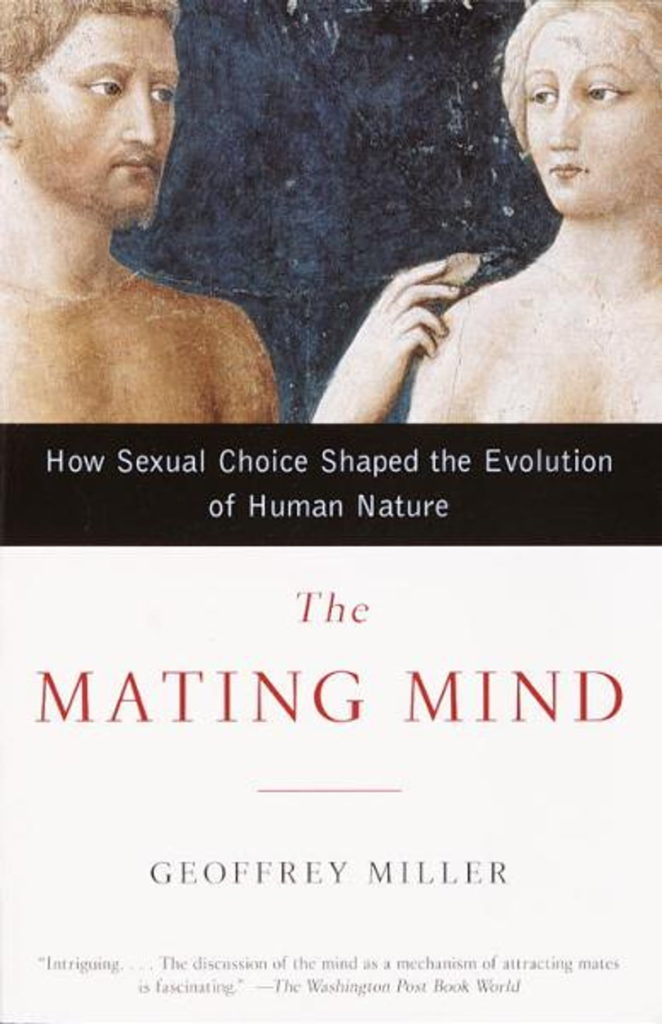I came across the idea that humans are more rationalizing than rational in a book on racism, where plenty of rationalizing happens that those rationalizing probably think is rational. I put it as a question in the title since I don’t know how we can quantify them for comparison, but I find the idea compelling that we rationalize more than reason. I hope you don’t mind the short post, but[…] Keep reading →
We all descend from indigenous people and we’ve all been assimilated
on January 21, 2025 in Evolutionary Psychology, RelationshipsIn Sustainability Simplified, I clarify that a culture being indigenous doesn’t mean it’s sustainable. An indigenous Indian group that puts up a casino is pushing addiction. An African politician who finds oil and gets cozy with the global oil industry is too. Any culture that doesn’t live sustainably will find itself running out of something, leading it to conflict with others or collapse. But indigenous cultures that endure tend to[…] Keep reading →
Likely Myth: Food Was Scarce for Our Ancestors Before Agriculture
on May 15, 2024 in Evolutionary Psychology, Fitness, NatureEveryone talks about our ancestors like they struggled for food. Many people believe we store fat well because our ancestors didn’t know when they’d next eat. Maybe they look at surviving hunting and gathering cultures and see less food than in their local supermarket. Look at nature, though. Animals and plants aren’t starving all the time. On the contrary, places that aren’t frozen, desert, or that we’ve paved over abound[…] Keep reading →
Sustainability and mating
on October 12, 2022 in Evolutionary Psychology, Fitness, NatureA friend told me he thought of me and my sustainability leadership work with concern while reading the book The Mating Mind. He described it as describing the implications and effects of sexual selection in evolution. He started with the example of peacocks having elaborate tails. Sexual selection suggests that the tails that make them easy targets for predators indicate all its other genes are fit, so a potential mate[…] Keep reading →
How we’re like gorillas with kids
on December 9, 2021 in Evolutionary Psychology, NatureYou know how male gorillas kill babies from other fathers? As written here, “silverbacks have been observed to deliberately kill babies—especially in mountain gorillas. Usually this is the case after a female transferred to another male together with her baby or if a new leading male takes over. This behaviour, called infanticide, is interpreted as a means to shorten the time until the baby’s mother becomes fertile again and the[…] Keep reading →
Superman and picking up garbage
on July 30, 2020 in Art, Creativity, Events, Evolutionary PsychologyAs you probably know, I pick up at least a piece of litter every day from the ground and put it in a trash can. I’m not reducing the amount of trash, but at least saving some from reaching the ocean. More importantly, I’m developing skills, experiences, and beliefs about changing culture around trash. Since restaurants and bars started serving outdoors on mostly single-use plastic, the amount of litter has[…] Keep reading →
A catalog of inner monologue thoughts
on May 3, 2017 in Awareness, Evolutionary Psychology, ExercisesIf you pay attention to your inner monologue, as the exercise I call The Most Effective Self-Awareness Exercise I Know leads you to, you’ll notice patterns. Songs get stuck in your head. You judge people. You judge yourself. You try to figure out the best order to do things in. You play out arguments you might have with others. Sound familiar? Years ago I had the idea to catalog the[…] Keep reading →
Cockroaches and equality
on September 30, 2015 in Education, Entrepreneurship, Evolutionary Psychology, StoriesA couple weeks ago I was in NYU’s “eLab,” a space that promotes entrepreneurship. Besides a few administrators who work there, it’s mostly students there, mainly connected with tech startups. That morning there weren’t many people there. I sat on a couch near the entrance and the staircase downstairs. Twenty or thirty feet away, across the open meeting area to my left, a few students worked on their laptops in[…] Keep reading →
Language, communication, evolutionary psychology, and leadership
on August 1, 2015 in Awareness, Evolutionary Psychology, Leadership, Models, NatureA client who knows I’ve applied a lot from evolutionary psychology to leadership and self-awareness wrote: What’s your opinion of the theory that language serves primarily as persuasion? In its raw form, I’m currently telling you that you are an authority by asking a question. And that sentence might seem like it’s an authoritative statement, but instead it is clarifying my question, which in its clarification is a neediness to[…] Keep reading →





